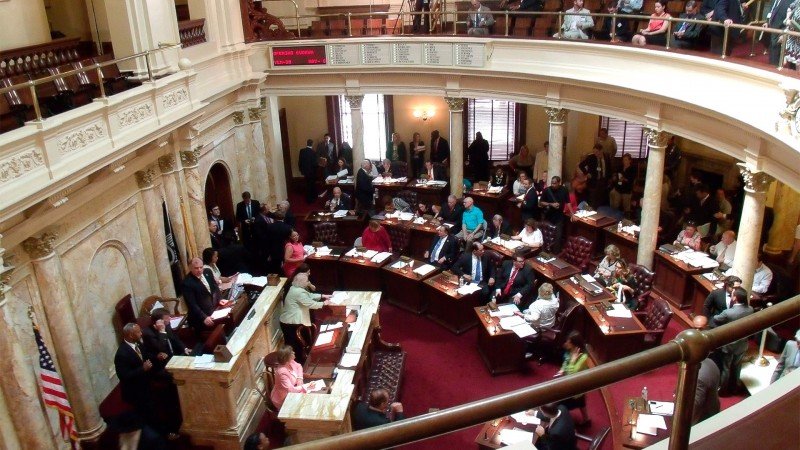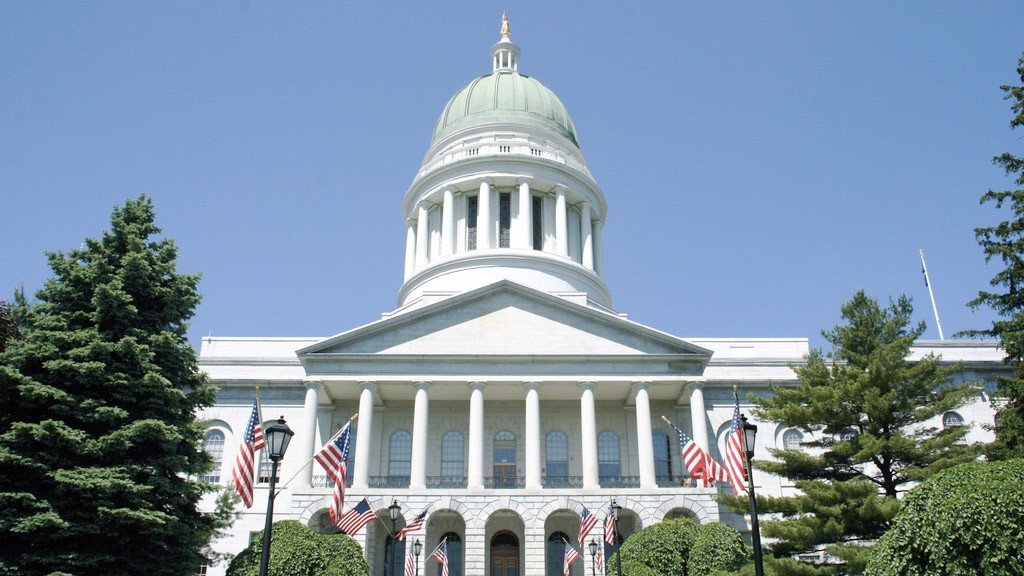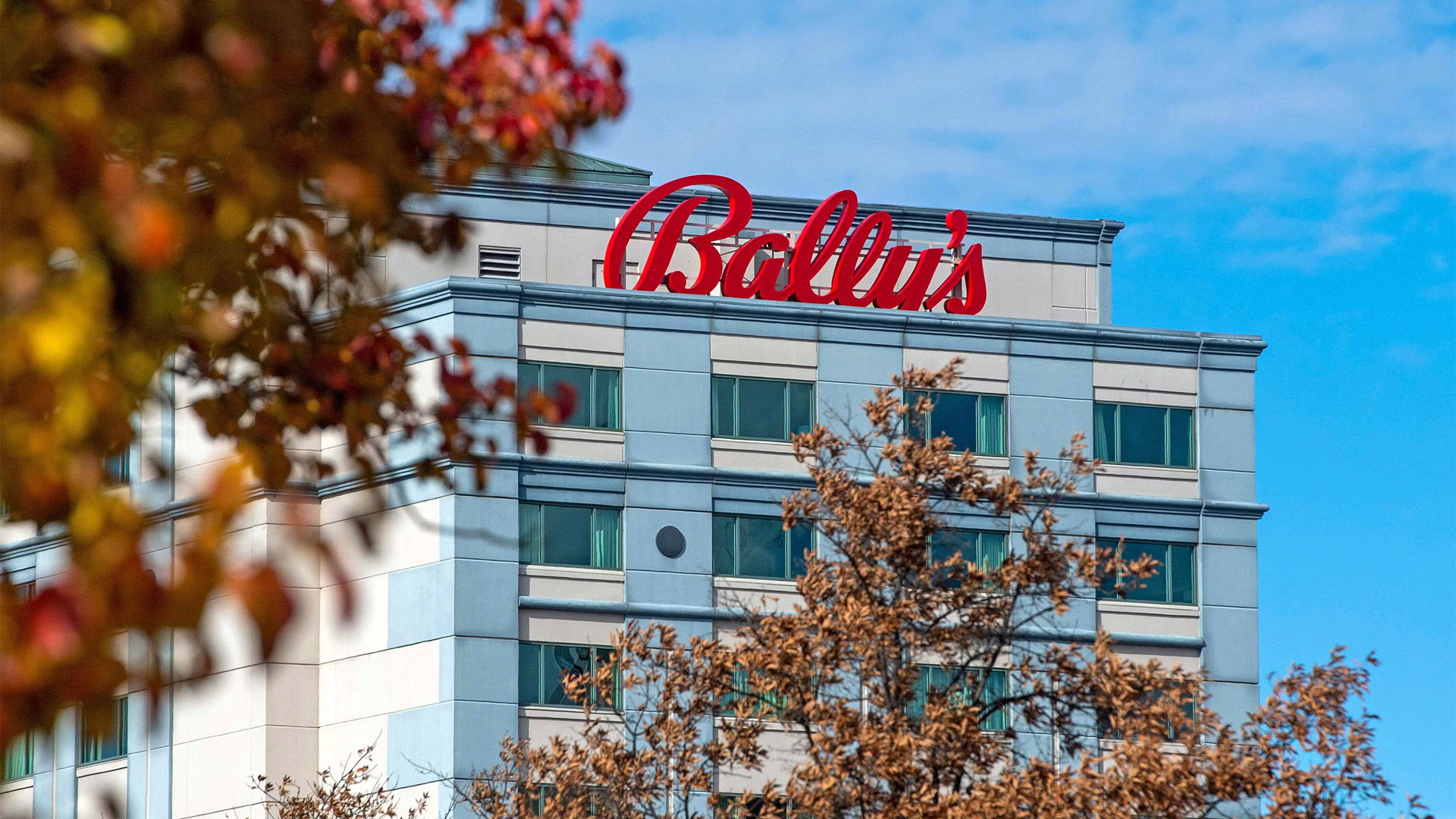New Jersey Senate approves tax relief for Atlantic City casinos

New Jersey's upper house passed on Monday a series of temporary and permanent tax breaks aimed at helping the dormant Atlantic City casino industry recover from the effects of the coronavirus pandemic.
The bill, S2400, reduces gaming revenue taxes for one year beginning from the date Atlantic City’s nine casinos reopen, as well as eliminates hotel fees through the end of 2020, defers certain licensing fees and permanently allows for a 100% deduction of provisional gaming credits and coupons against gross revenues. The bill also allocates $100 million of COVID-19-related federal grant money to the state Economic Development Authority for small business assistance.
As reported by the Press of Atlantic City, several senators raised concerns over cuts to programs for seniors and disabled residents funded by casino taxes and the optics of giving breaks to a multibillion industry, but the bill’s sponsors, Senate President Steve Sweeney and state Sen. Chris Brown, said New Jersey relies on a stable casino industry.
"My concern has been and remains with the families who overnight found themselves unemployed and left to deal with a broken unemployment system for the last three months," said Brown, R-Atlantic. "Working in a bipartisan manner, we took a step today toward saving 27,000 casino jobs while also assisting our small businesses so we can put our Atlantic County families back to work."
The bill was amended Monday to reduce the amount of time casinos would be permitted a reduction in gaming revenue taxes and also eliminated a break on parking fees and tourism promotion fees. The Senate voted in favor of an emergency resolution Monday to expedite the passage of the bill.
Based on recent industry performance, and incorporating for Monday’s changes, the proposed legislation could reduce the amount of casino-related taxes and fees paid to the state and the Casino Reinvestment Development Authority by as much as $93 million over the course of one year.
Atlantic City’s nine casinos have been closed since March 16, and no date has been set for their reopening. Gov. Phil Murphy has said he would like to get the casinos reopened by July 4, but the state has yet to approve industry and property-specific safety plans.
The industry recorded reported record losses in gaming revenue in April and May. More than 26,000 casino employees have been out of work for months.
The legislation would reduce the amount of money dedicated to the Casino Revenue Fund, which was created after New Jersey voters approved casinos in Atlantic City for the sole purpose of using gaming taxes to fund programs for the state’s seniors and disabled residents, such as food distribution, medical and public transportation, and emergency housing needs. A handful of lawmakers Monday questioned how seniors and disabled residents would get services if funding was reduced.
"The goal of this bill is strictly to get (the casino) industry up and running to fund these programs," said Sweeney, D-Salem, Gloucester, Cumberland. "Right now, (the casinos are not) funding much of anything."
Assemblyman Vince Mazzeo, D-Atlantic, had initially expressed reservations about the legislation because of its potential impact on senior programs and property taxpayers. On Monday, he said the amended version was a “much better bill,” but said he “still wanted to look it over,” before fully supporting the proposal.
Other lawmakers wondered about the optics of providing a break to the casino industry during the Senate vote Monday. State Sen. Richard Codey, D-Essex, said the bill was “wrong policy” and abstained from voting.
State Sen. Michael Testa, R-Cape May, Atlantic, Cumberland, said casinos are the only industry in the state with certain taxes and, therefore, deserve unique consideration.
"We need casinos to be dealt with separately because for 30 years the state of New Jersey has layered special tax upon special tax on this industry," he said. "The taxes that are being waived here are simply special taxes."
Following the 28-4 vote Monday in the Senate, the bill was sent to the Assembly. The full Assembly is scheduled to vote Thursday, but the bill had not been added to the agenda as of Monday evening.

















































